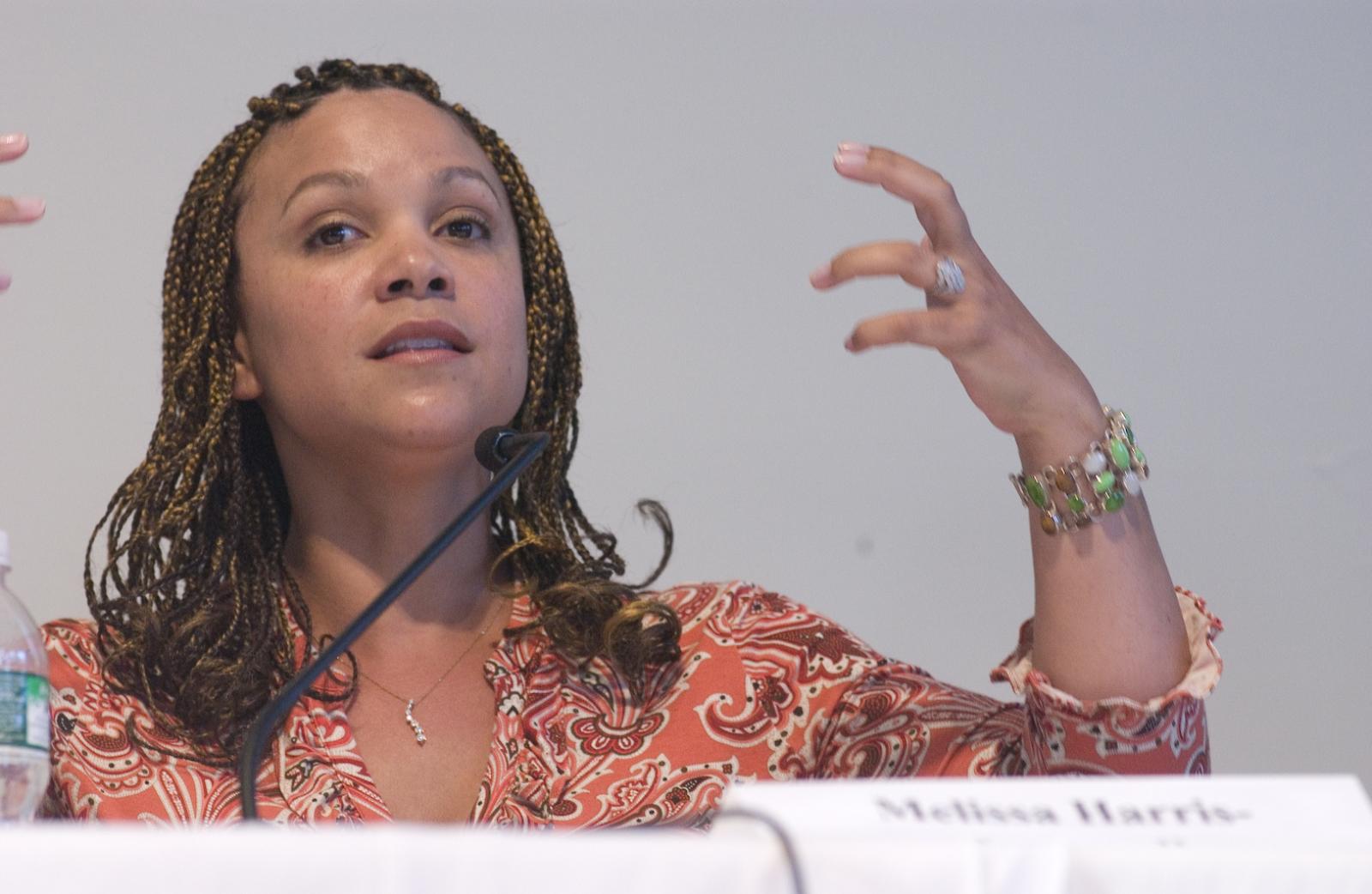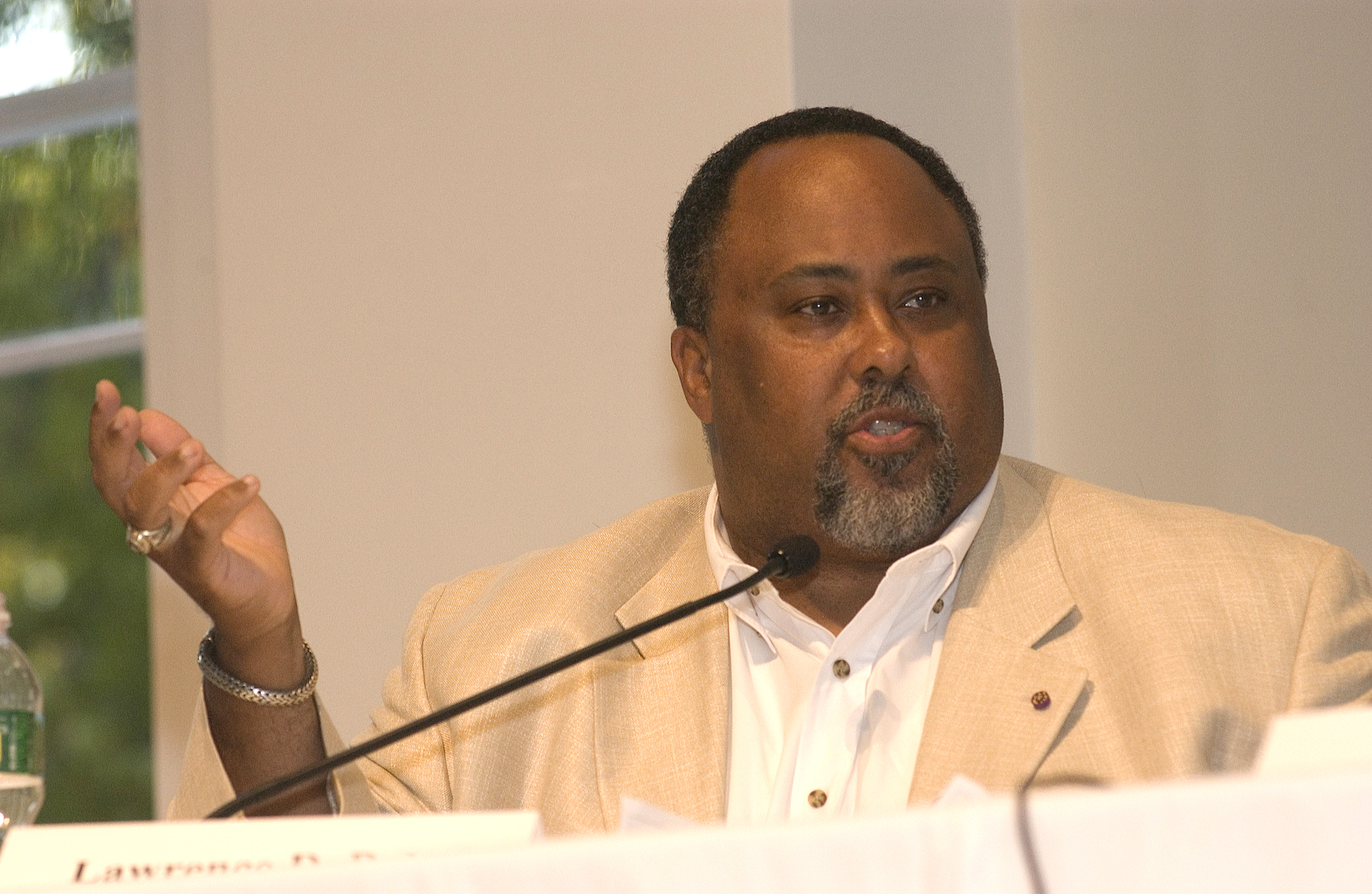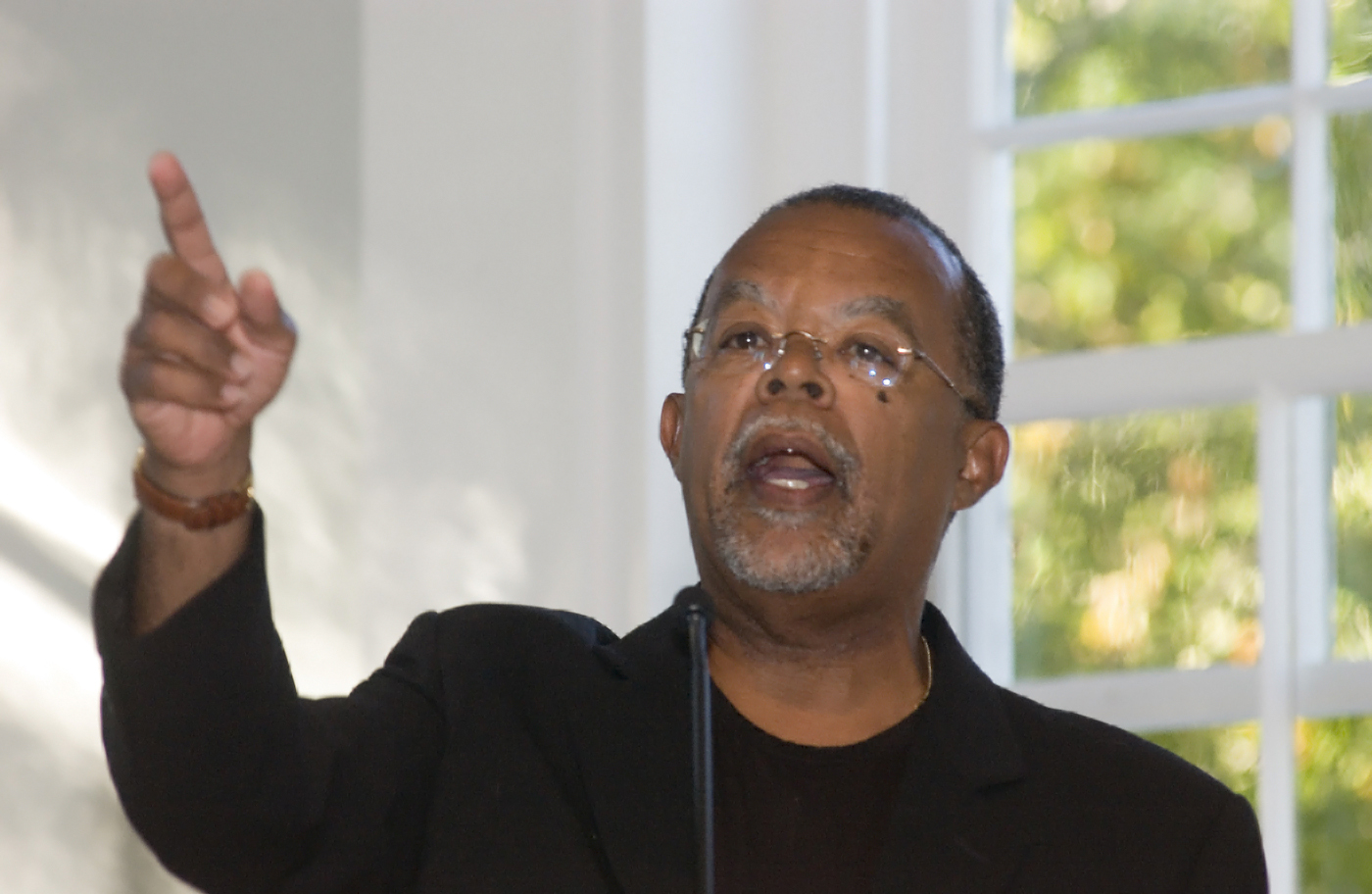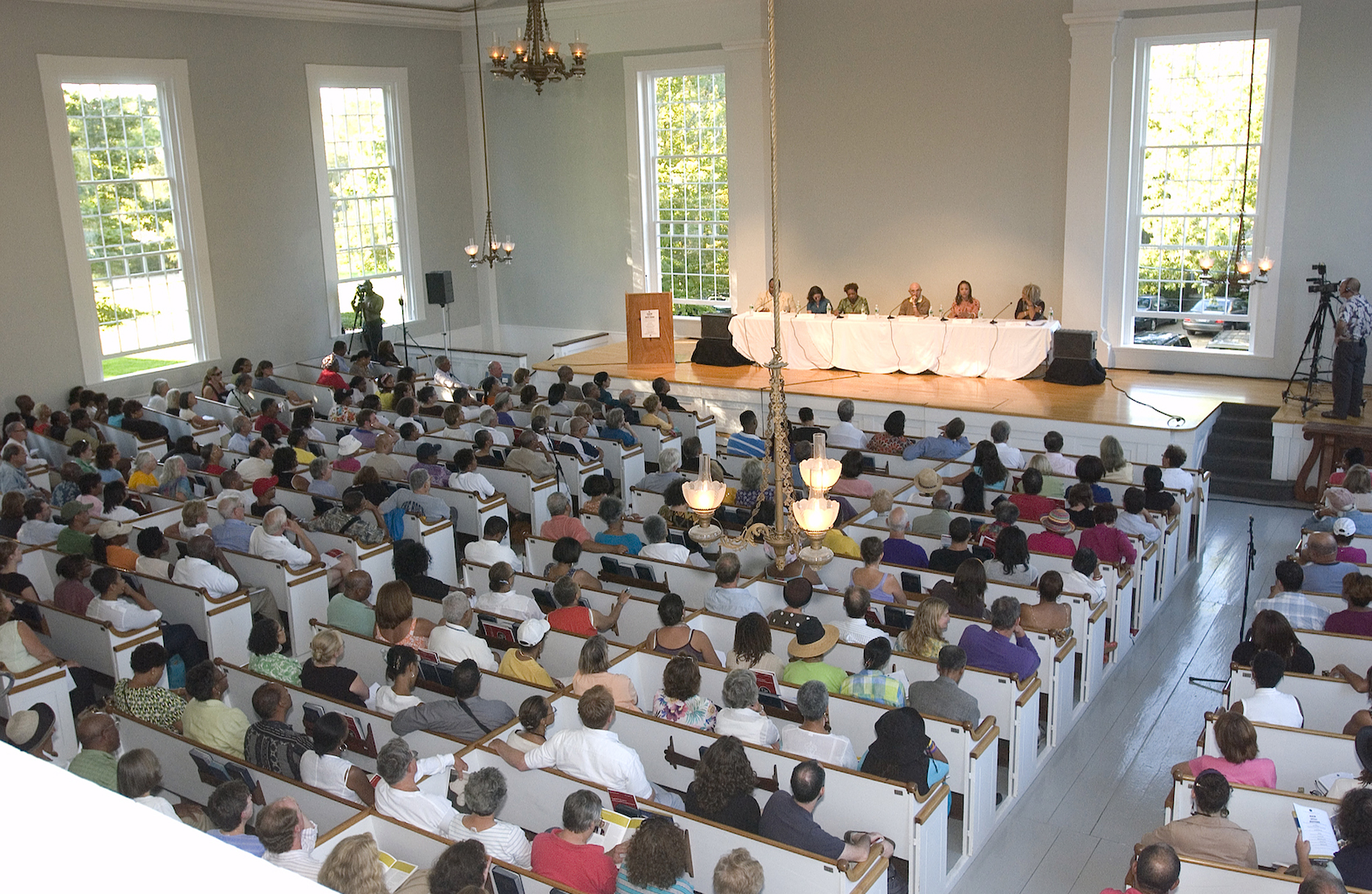Amid the excitement among his supporters about the rise of Sen. Barack Obama, the presumptive nominee for president for the Democratic Party — particularly in Massachusetts where voters recently elected Deval Patrick the state’s first African-American governor — race still matters here, members of an Island panel convened on Thursday argued.
At a well-attended and sometimes emotional forum at the Old Whaling Church in Edgartown, hosted by the W.E.B. Du Bois Institute of Harvard, Lawrence D. Bobo, professor of social sciences at Harvard, said, “We live in the best of times and the worse of times.
“It is a time of ultimate excitement, but there are times I feel myself afraid to turn on the television because I worry it might not happen.”
He continued: “But people should not think for a second the White House is the final frontier of racism in this country, because it is not. Don’t get me a wrong, if [Senator Obama] wins that will be a profound statement that real changes are occurring, but there is still so much to do to address systematic racism in this nation.”
Mr. Bobo gave the closing remarks following a two-hour discussion with a panel of four speakers. Moderator Charlayne Hunter-Gault rarely let the speakers off the hook with an easy answer.
She opened the discussion by asking the panel if they felt the nation has healed yet from the wounds inflicted 15 years ago in the brutal beating of Rodney King by several Los Angeles policemen.
Panelist Melissa Harris-Lacewell, author of Bibles, BET and Barbershops: Everyday Talk and Black Political Thought, said she had an interesting perspective on race because she was a child of a mixed-race marriage with siblings from her parents’ previous marriages.
“Just think of what it is like to be this black power sister in high school when suddenly your all-white sister joins the school,” Ms. Harris-Lacewell joked.
And she said the topic of race is still taboo in many places around the country.
“There is a minimum of truth telling about the subject. You can’t engage in the process of healing with someone until there is an acknowledgement the wrong has happened,” she said.
But panelist Lawrence Harrison, author of The Central Liberal Truth: How Politics Can Change a Culture and Save It From Itself, took a markedly different view. He suggested that America has made great strides in race relations as evidenced, among other things, by the success of Mr. Obama.
Mr. Harrison cited an opinion piece he wrote for the Baltimore Sun describing Senator Obama’s candidacy as a new period in the black cultural experience. Titled The Last Gasps of Black Victimology?, the piece painted the Rev. Jesse L. Jackson and other activists as complainers who played the race card to further their own agendas.
“Could Obama’s rise signal the end of black victimology? If so it could be bad for Jesse Jackson but good for America,” Mr. Harrison said.
Mr. Harrison was often at odds with his fellow panelists throughout the discussion.
Panelist Deborah Gray White, author of Telling Histories: Black Women Historians in the Ivory Tower, dismissed the Rodney King question as too simplistic. She said:
“I don’t know whether healing is relevant. The quick answer: no. There hasn’t been any real healing. But as a historian I would like to redirect the question to the present. There are too many African Americans today dealing with substance abuse in their communities, there are inner cities with failing educational systems . . . you don’t need healing as much as you need a good education to prevent these young [African Americans] from getting caught in the prison system.”
The discussion then turned to the question Mr. Harrison had raised, that many African Americans lean too heavily on the notion of victimization. Ms. Harris-Lacewell dismissed the notion, saying that many black people are justified in their fears that systematic racism still exists in America.
“The people in jail in this country aren’t necessarily the ones who committed the most crimes. It’s not enough to have bad behavior; there is also structural inequality present that ensures this bad behavior will be punished [for many African Americans],” she said.
Ms. Gray White picked up the theme.
“I think black people are some of the most optimistic people in the [United States]. If many of these poor Muslim nations had our history we would have had a jihad long ago. But instead we have only begged white America to let us in,” she said.
Noting that there is a good chance the next president will be African American, Mr. Harrison suggested the issue of race has “receded to the point where it should not be a dominant theme.” He later cited a book written by former Richard Lamm titled Two Wands, which argued that Hispanics and African Americans need to take responsibility for under-performance and adopt the values of the Japanese and Jews.
Reading a passage from the book he said: “Let me offer you, metaphorically, two magic wands that have sweeping powers to change society. With one wand you could wipe out all racism and discrimination from the hearts and minds of white America. The other wand you could wave across the ghettos and barrios of America and infuse the inhabitants with Japanese or Jewish values, respect for learning and ambition.”
The two wands metaphor piqued panelists and audience alike.
“Let’s have another wand. And I want that wand to do away with poverty and economic impoverishment for [African Americans],” shot back Ms. Gray White. “Maybe we could have that wand make it so African American men and women make as much as white men and women make — then maybe they will be as motivated as some of the Asian students.”
In his closing remarks, Mr. Bobo returned to the theme of two magic wands.
“It’s a falsehood, this idea you can wave a wand and divorce racism from society, because you can’t,” he said, adding: “Minorities will continue to struggle when this perception still exists, even today, they came from an inferior race.”
But he conceded that after decades of oppression and poor race relations, there is finally reason for optimism. He framed the success of Senator Obama against backdrop of an old television advertisement with golf sensation Tiger Woods, in which young people of all races proudly declared “I’m Tiger Woods.”
“I envision a similar day when young black people will not be saying I’m Tiger Woods, but instead I’m Barack Obama, and I know now that day may be coming,” he said.
Ms. Hunter-Gault ended the discussion by reading a passage from James Baldwin.
“Everything now, we must assume, is in our hands; we have no right to assume otherwise,” she read. “If we, and I mean the relatively conscious whites and the relatively conscious blacks, who must, like lovers, insist on, or create, the consciousness of the others — do not falter in our duty now, we may be able, handful that we are, to end the racial nightmare, and achieve our country, and change the history of the world.”









Comments
Comment policy »